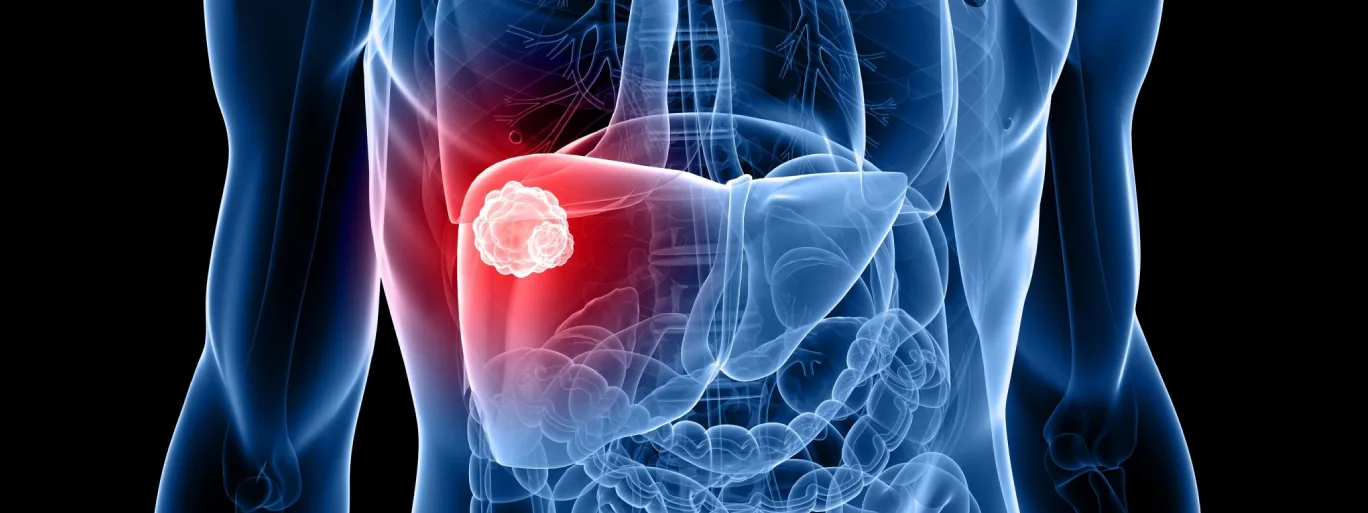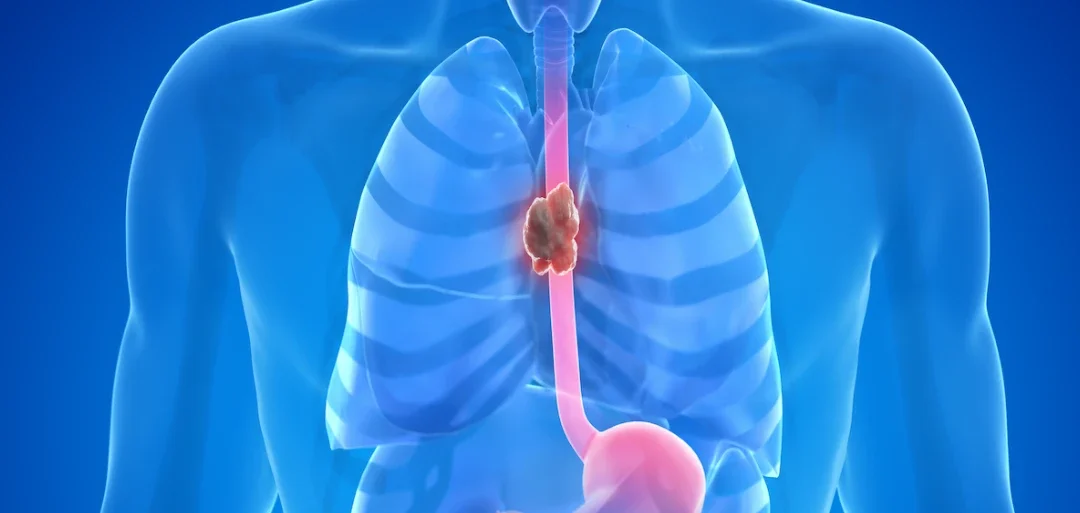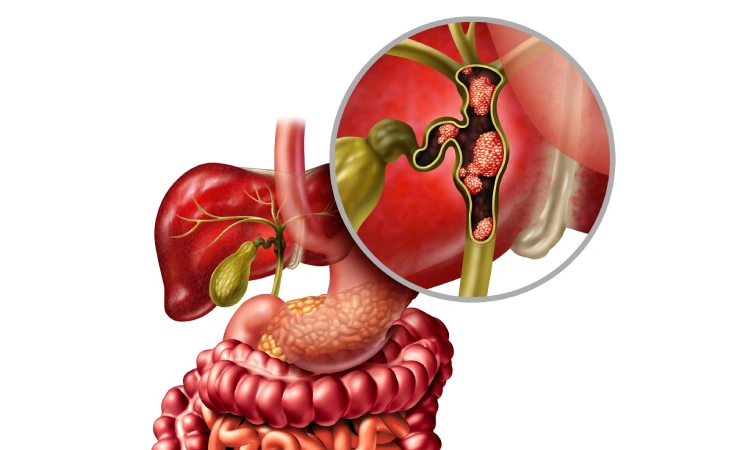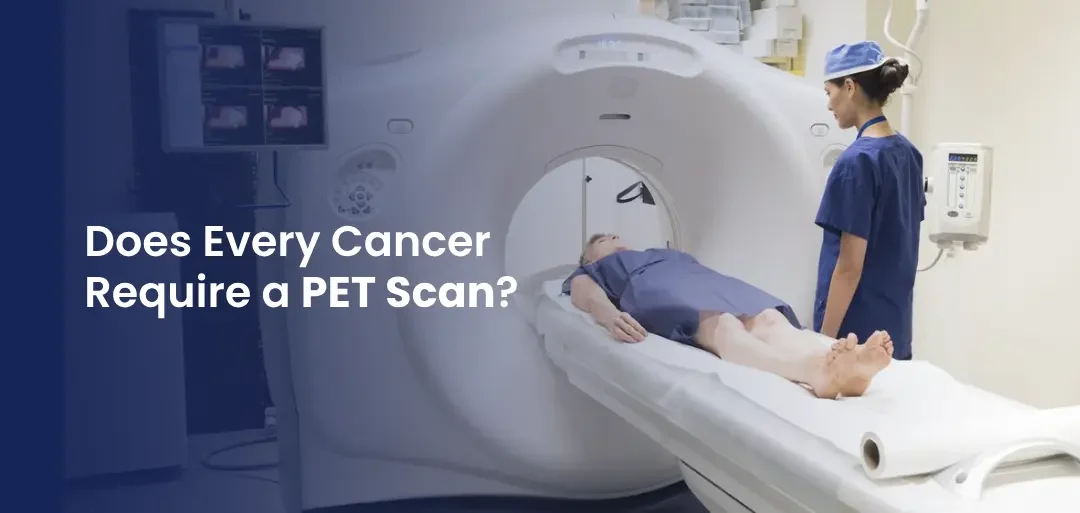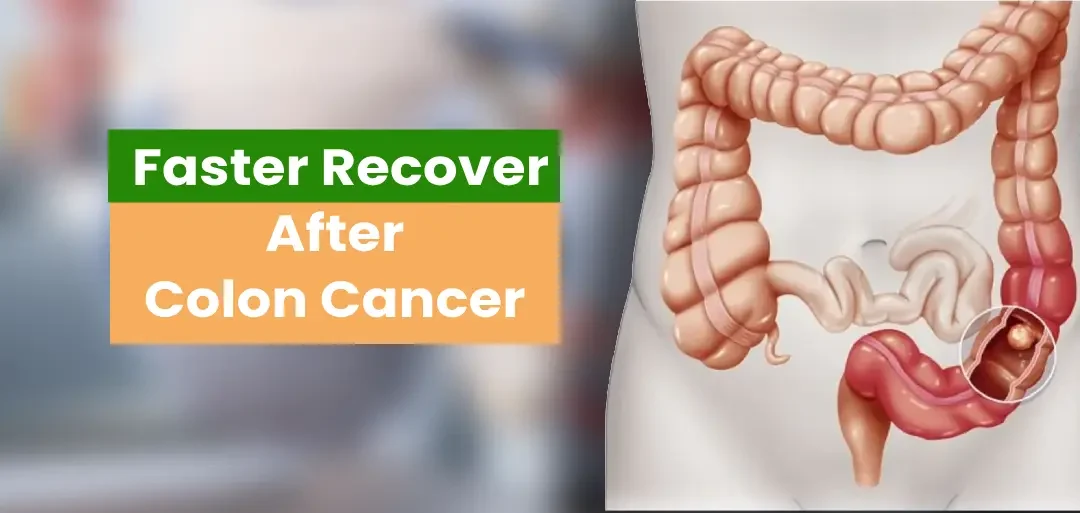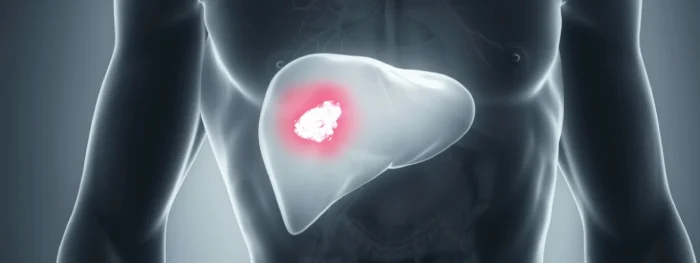Liver cancer is one of the fastest-growing cancers worldwide, with a high prevalence in countries like India due to risk factors such as hepatitis infections and alcohol-related liver disease. The liver plays a crucial role in filtering blood, metabolizing nutrients, and detoxifying harmful substances. When cancer strikes this vital organ, the impact is profound. Early detection of liver cancer can make a significant difference, improving outcomes and enhancing quality of life.
What are the Primary Causes of Liver Cancer?
Understanding the causes of liver cancer is essential for prevention and early detection. While the exact cause of liver cancer remains unknown, several factors contribute to its development.
- Chronic Viral Hepatitis (Hepatitis B and C)
Long-term infections with hepatitis B and C viruses are major causes of liver cancer worldwide. These viruses cause inflammation that, over years, can lead to cirrhosis, making the liver more susceptible to cancer. Vaccination against hepatitis B and antiviral treatments for hepatitis C can reduce this risk significantly. - Cirrhosis
Cirrhosis is the formation of scar tissue in the liver due to long-term damage, often caused by chronic hepatitis, alcohol abuse, or non-alcoholic fatty liver disease (NAFLD). This scarring disrupts normal liver function, increasing the likelihood of cancer over time. - Excessive Alcohol Consumption
Prolonged, heavy alcohol use can cause inflammation and liver cell damage, eventually leading to cirrhosis. The accumulation of toxins from alcohol severely weakens the liver and raises the risk of cancer. - Non-Alcoholic Fatty Liver Disease (NAFLD)
NAFLD is common in people with obesity, diabetes, or high cholesterol. When fat accumulates in liver cells, it can lead to inflammation, cirrhosis, and, ultimately, liver cancer. Managing weight and blood sugar levels can help reduce this risk. - Aflatoxin Exposure
Aflatoxins are toxins produced by certain molds found in improperly stored foods like grains and legumes. In areas with poor food storage practices, aflatoxin exposure is a significant risk factor for liver cancer. - Genetic Disorders
Certain genetic conditions, like hemochromatosis (iron overload) and Wilson’s disease (copper buildup), can damage liver cells and lead to cancer. People with these conditions are encouraged to undergo regular screenings for liver health.
What are the Symptoms of Liver Cancer?
Liver cancer symptoms often appear late, which makes early detection challenging. However, knowing the warning signs can help individuals seek timely care if they experience persistent symptoms.
- Unexplained Weight Loss
Sudden, unintentional weight loss is a common early symptom. If you’re losing weight without changes in diet or exercise, it’s essential to consult a doctor. - Loss of Appetite
Liver cancer can affect appetite, leading to reduced food intake. Persistent lack of appetite should be evaluated, especially if it accompanies other symptoms. - Abdominal Pain or Swelling
As tumors grow, they can cause discomfort or pain in the upper right abdomen, near the liver. Swelling may also occur due to fluid buildup if liver function is impaired. - Jaundice
Jaundice causes yellowing of the skin and eyes due to a buildup of bilirubin in the blood, a sign of liver dysfunction. Jaundice should be assessed promptly, as it often signals liver-related issues. - Nausea and Vomiting
Digestive symptoms like nausea and vomiting can occur as liver function declines. These symptoms often coincide with other signs of liver distress. - Fatigue and Weakness
Cancer, including liver cancer, depletes the body’s energy, leading to ongoing fatigue and weakness. These symptoms persist even with rest and are often compounded by anemia or nutrient deficiencies. - Dark Urine and Pale Stools
Changes in urine and stool color are often indicators of liver issues. Dark urine and pale stools may be a sign of liver or bile duct problems, which should not be ignored.
Who is Most at Risk for Liver Cancer?
Certain people are more prone to developing liver cancer due to specific lifestyle factors, medical conditions, or genetic predispositions:
- Hepatitis B or C Carriers: Chronic infections greatly increase liver cancer risk.
- Individuals with Cirrhosis: Those with liver cirrhosis from alcohol use, hepatitis, or NAFLD are more vulnerable.
- Obesity and Diabetes: These conditions are often linked to NAFLD, a risk factor for liver cancer.
- People with Genetic Disorders: Individuals with conditions like hemochromatosis are at higher risk and should consider regular screenings.
When Should You See a Doctor?
Recognizing symptoms and seeking timely medical advice are essential in the fight against liver cancer. If you experience any of the following, a healthcare consultation is recommended:
- Unexplained weight loss or persistent loss of appetite
- Upper abdominal pain or discomfort, especially in the right side
- Jaundice or noticeable changes in skin, urine, or stool color
Prioritizing Liver Health with Expert Care
Liver cancer poses serious health challenges, but understanding its causes and symptoms can lead to earlier detection and better management. Consulting with a skilled specialist Dr. Ganesh Nagarajan, a renowned Oncosurgeon based in Mumbai, can make a significant difference. With over 18 years of expertise in gastrointestinal and hepatobiliary pancreatic surgical oncology, Dr. Nagarajan offers personalized care to guide patients through diagnosis and treatment. For a comprehensive approach to liver health, consider scheduling a consultation with Dr. Nagarajan to take proactive steps in managing or preventing liver cancer.



